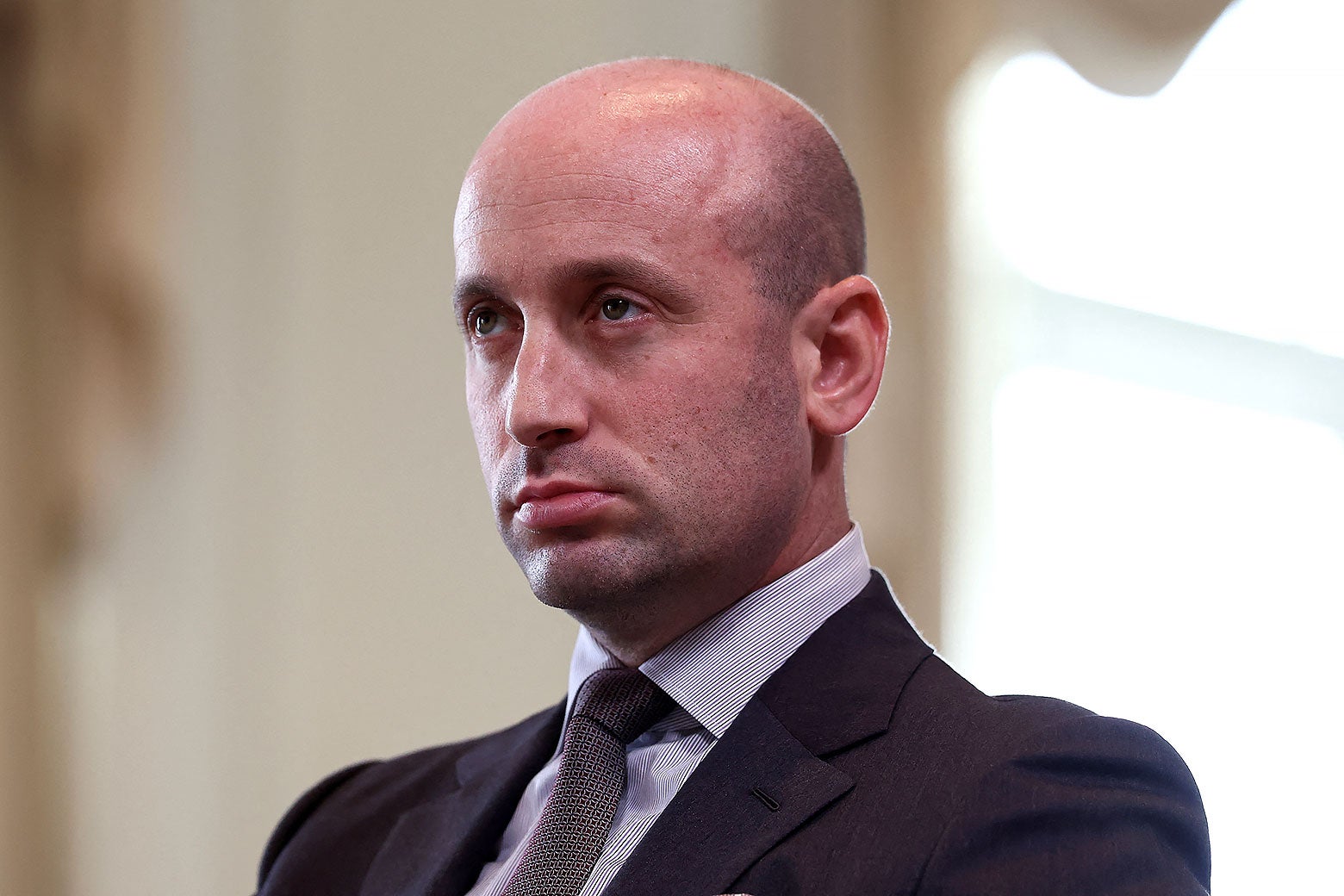
"The Supreme Court's decision in 2023's Students for Fair Admissions v. Harvard didn't just signal the end of affirmative action in higher education in the United States; it also launched a thousand lethal torpedoes at diversity and equity programs across the country. This case turbocharged a whole new way of thinking about colorblindness and the Constitution, and its ripple effects have been felt beyond education-in the C-suite, in the military, and more."
"This is among the most incendiary topics in all of American society. There are a few reasons for that. One, it's about high-stakes admissions to a handful of elite colleges that hold a disproportionate amount of influence in American society-and then you throw in race, which is the most stubborn, thorny topic throughout American history. And those two things combine in the topic of affirmative action."
The Supreme Court's 2023 Students for Fair Admissions v. Harvard decision ended affirmative action in higher education and accelerated challenges to diversity and equity initiatives across multiple sectors. The ruling reframed constitutional arguments toward colorblindness, prompting ripple effects beyond colleges into corporate leadership, the military, and public institutions. The decision created a legal template used to contest pluralistic democratic practices by conservative figures. Affirmative action centered on elite college admissions because of their outsized societal influence and the enduring salience of race, and the policy historically produced significant societal benefits prior to the Court's reversal.
Read at Slate Magazine
Unable to calculate read time
Collection
[
|
...
]